Nike
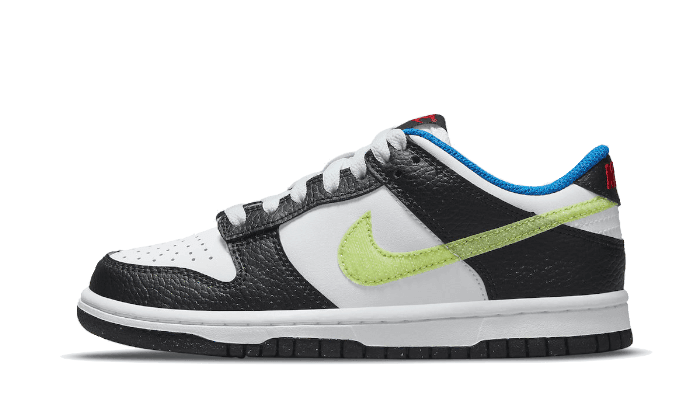
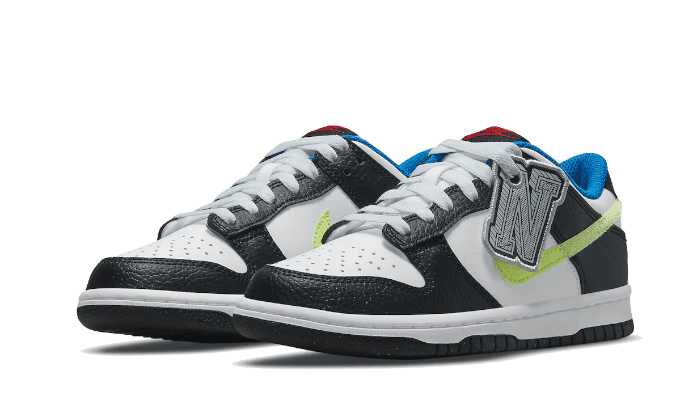
Nike Dunk Low Signal Blue Lemon Twist
160,00 €
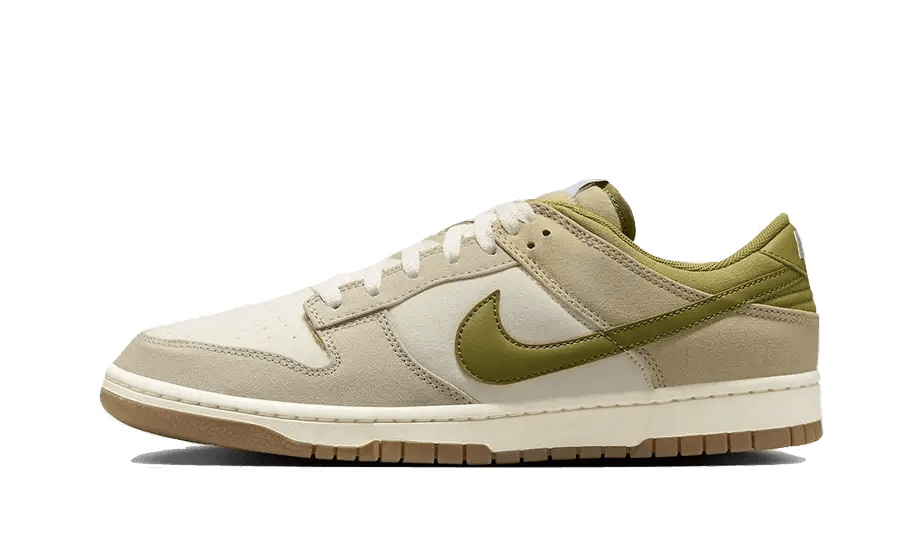
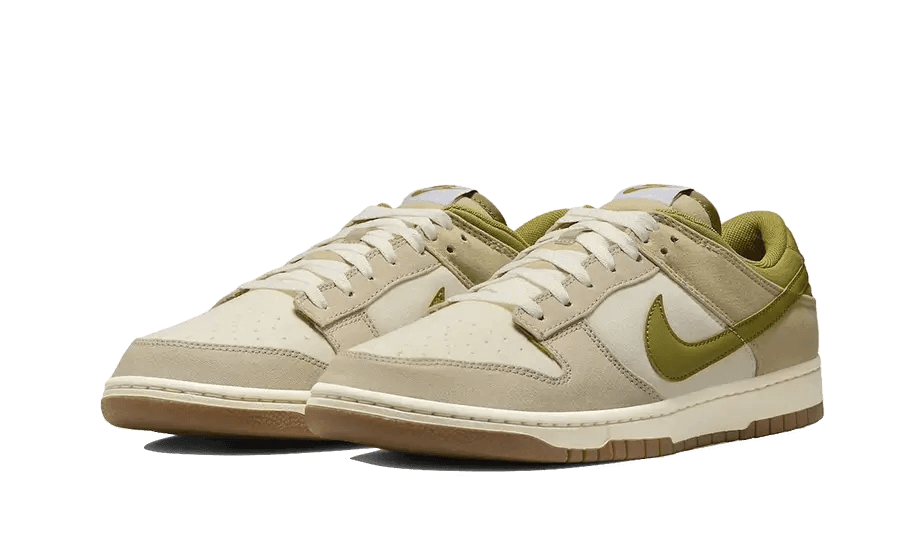
Nike Dunk Low Since 72 Pacific Moss
170,00 €
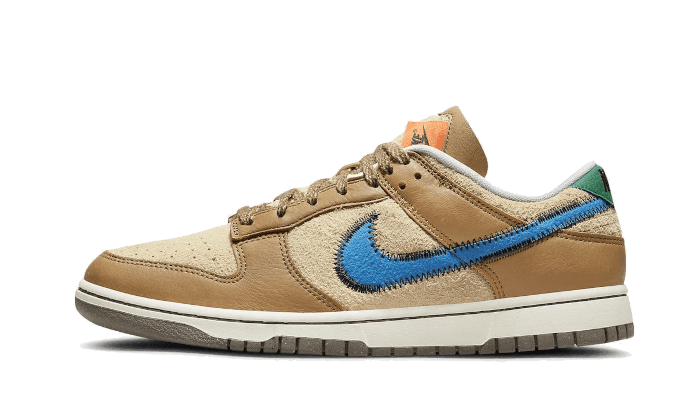
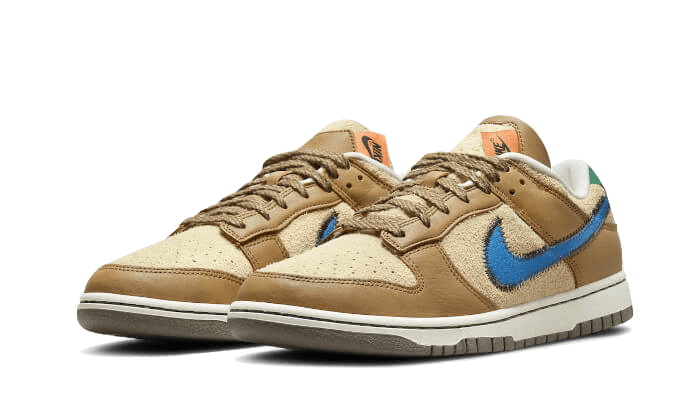
Nike Dunk Low size? Dark Driftwood
280,00 €
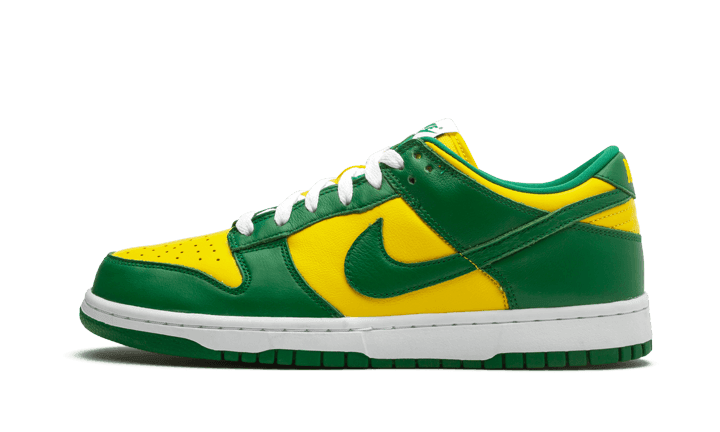
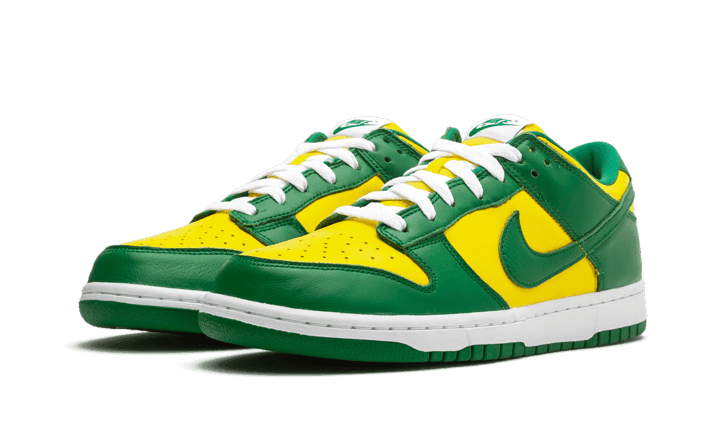
Nike Dunk Low SP Brazil
280,00 € 144,00 €
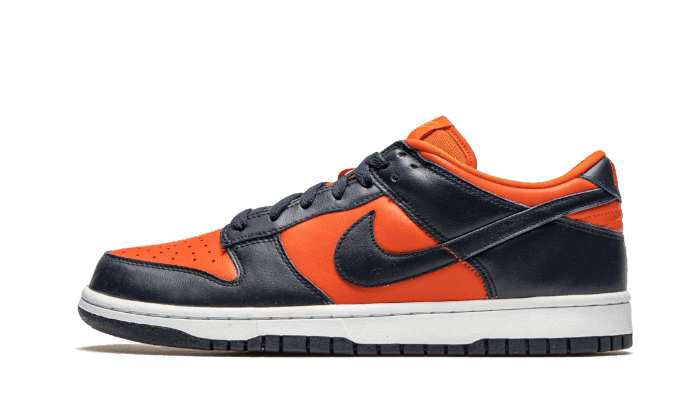
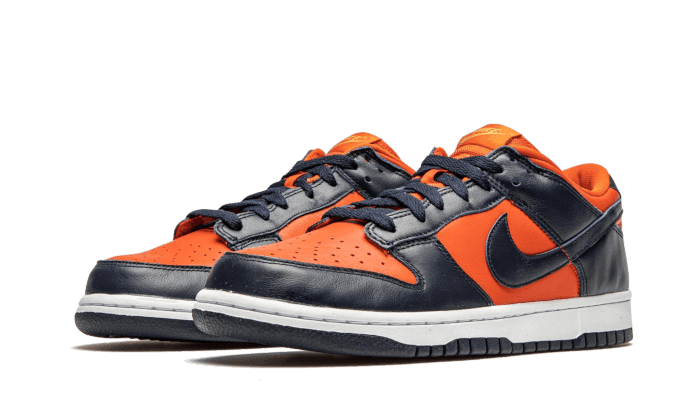
Nike Dunk Low SP Champ Colors
205,00 € 164,00 €


Nike Dunk Low SP City Market
400,00 €
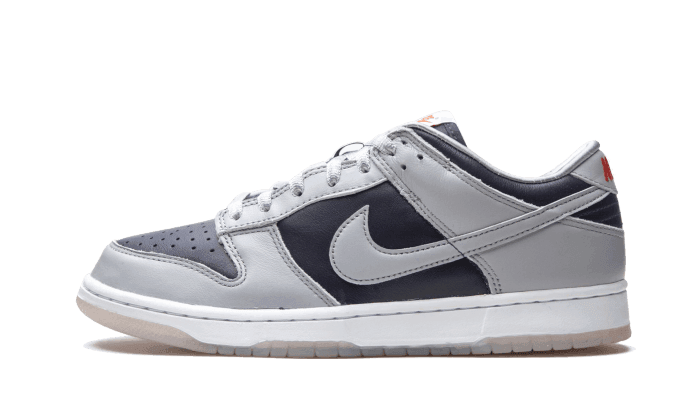

Nike Dunk Low SP College Navy
184,00 €
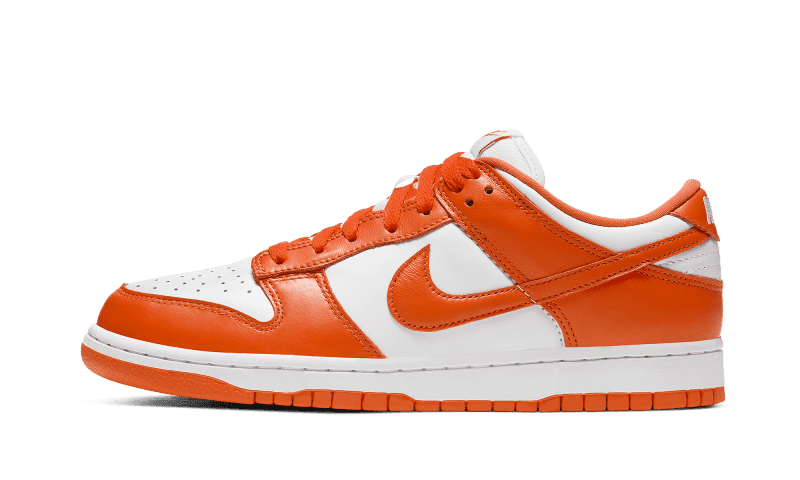
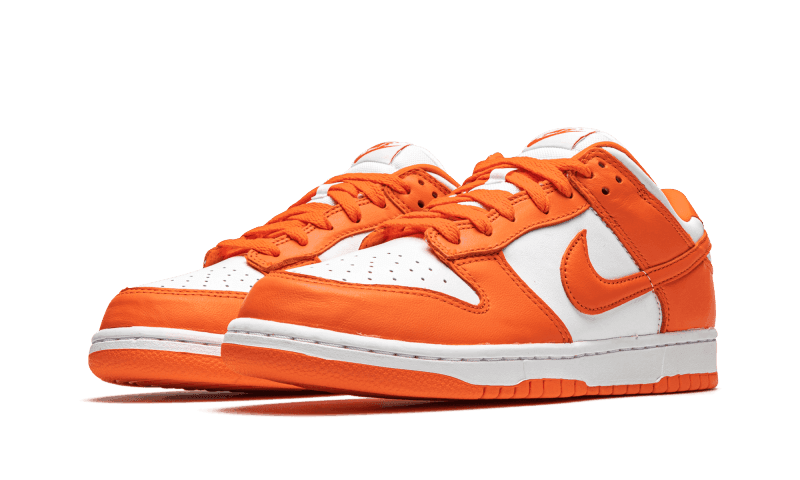
Nike Dunk Low SP Orange Blaze (Syracuse)
450,00 € 300,00 €


Nike Dunk Low SP UNDEFEATED Canteen Dunk vs. AF1 Pack
435,00 €
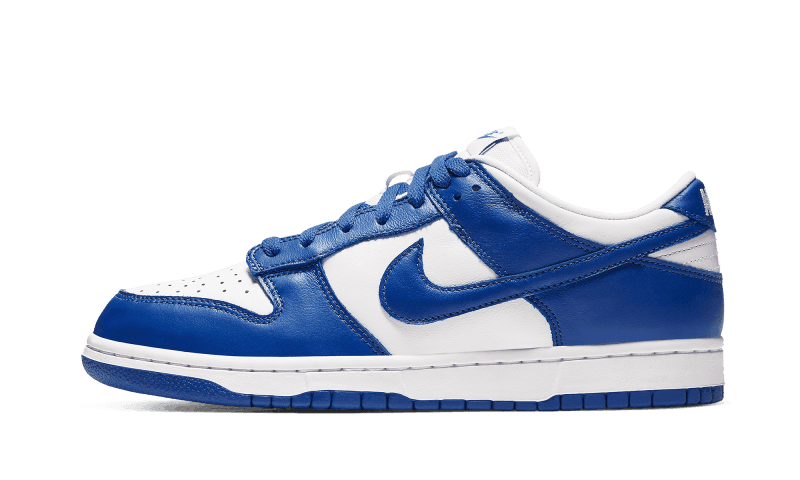
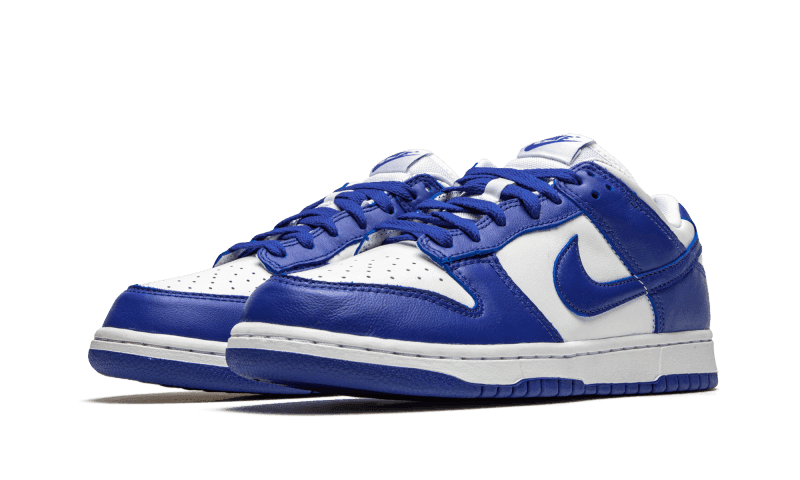
Nike Dunk Low SP Varsity Royal (Kentucky)
275,00 €
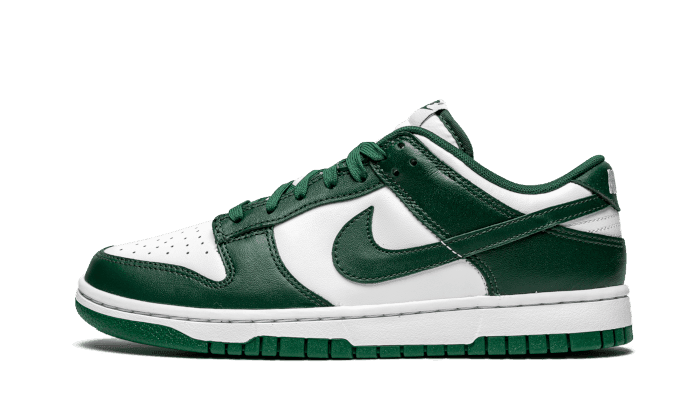
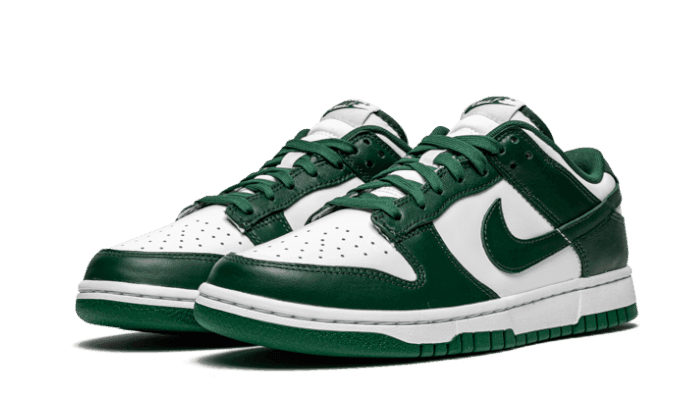
Nike Dunk Low Spartan Green
690,00 € 266,00 €
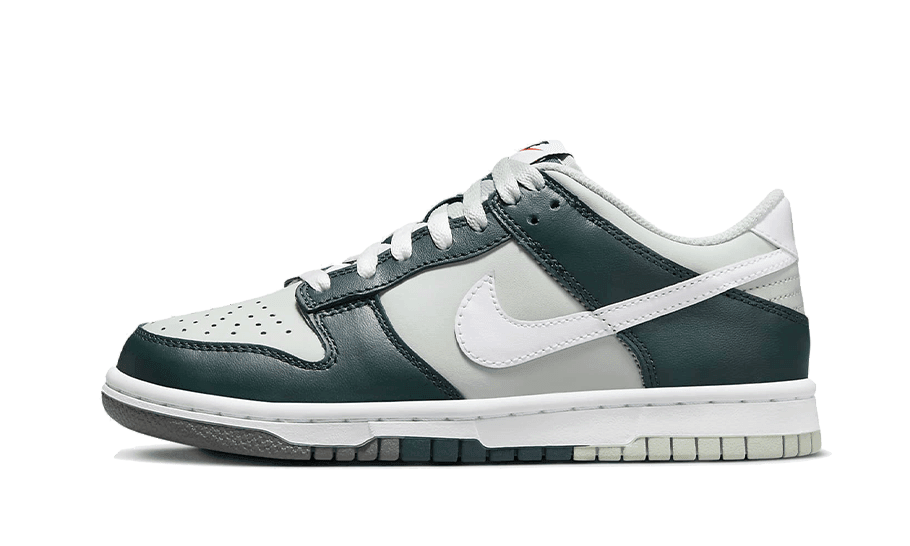
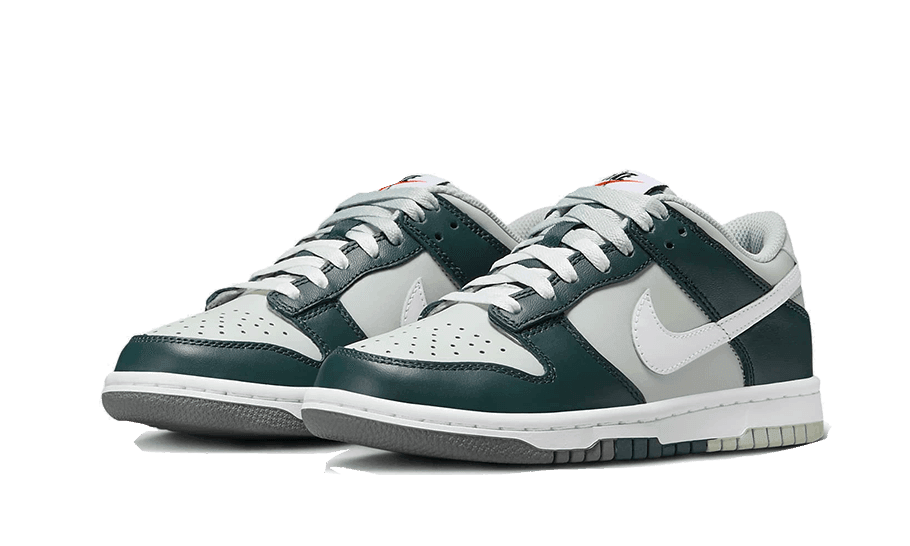
Nike Dunk Low Split Deep Jungle
175,00 €
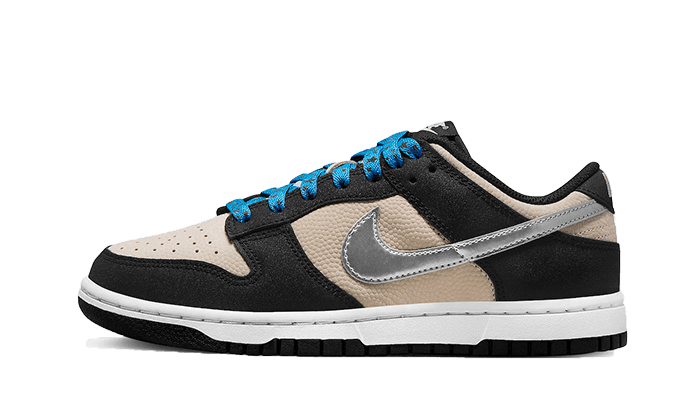
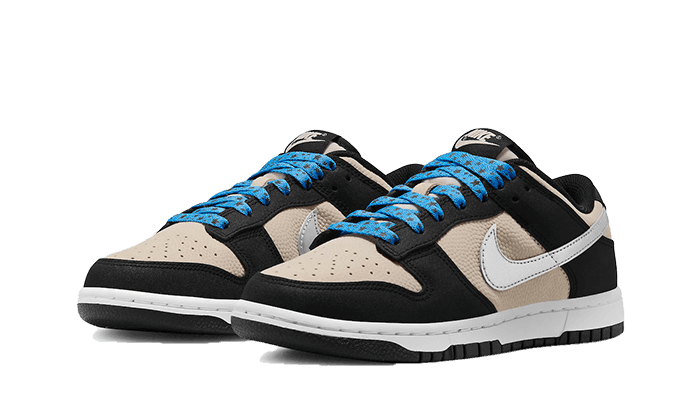
Nike Dunk Low Starry Laces
140,00 €
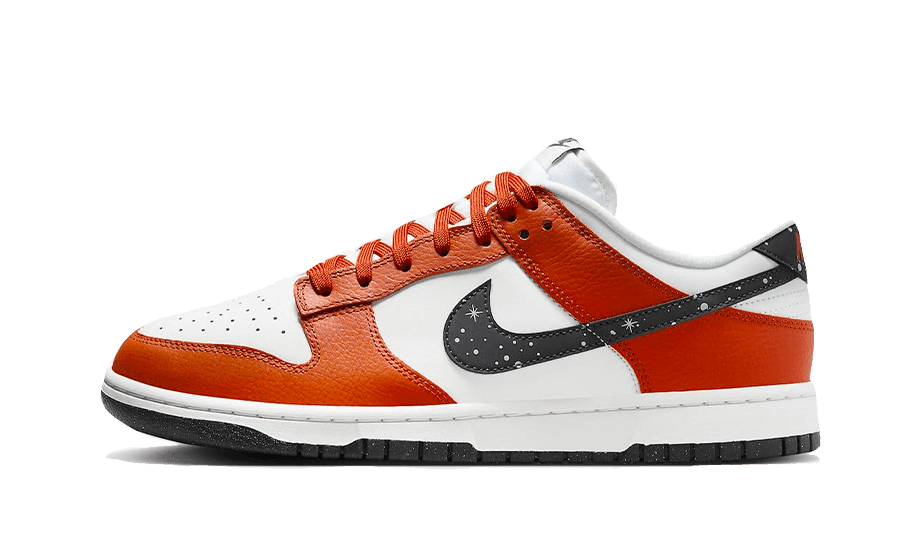
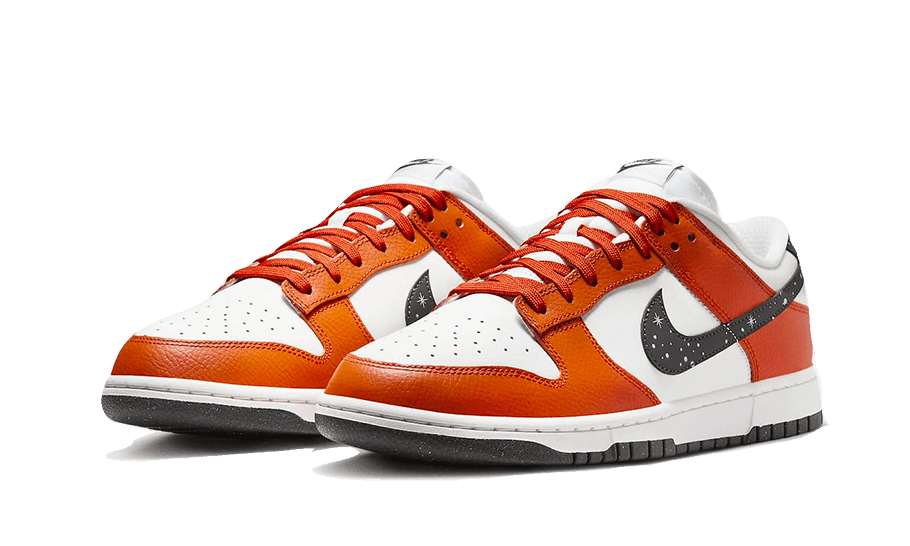
Nike Dunk Low Starry Swoosh
225,00 € 175,00 €
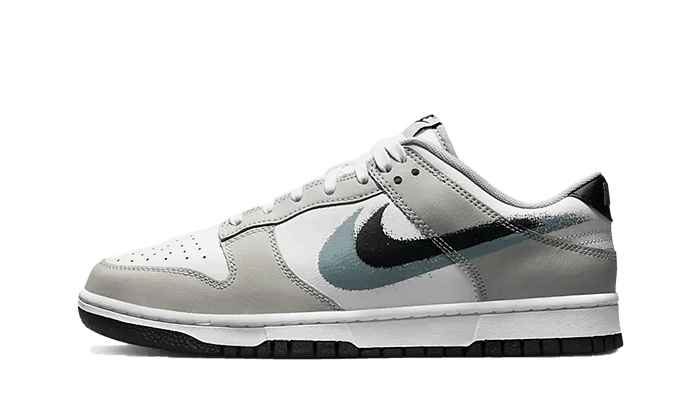
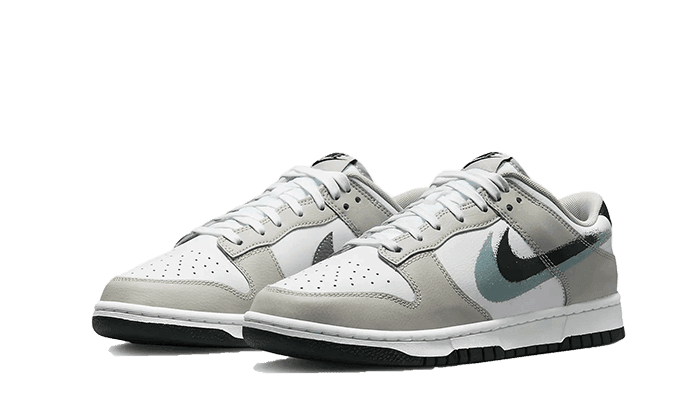
Nike Dunk Low Stencil Swoosh
225,00 € 175,00 €
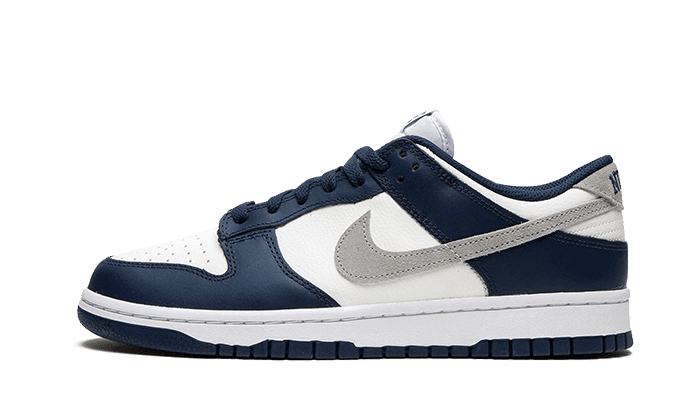
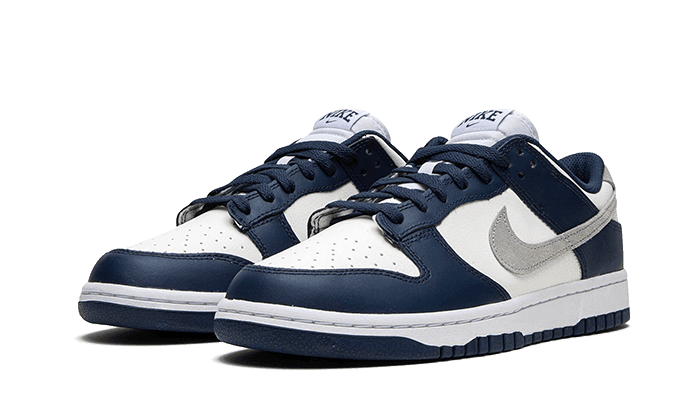
Nike Dunk Low Summit White Midnight Navy
176,00 € 144,00 €
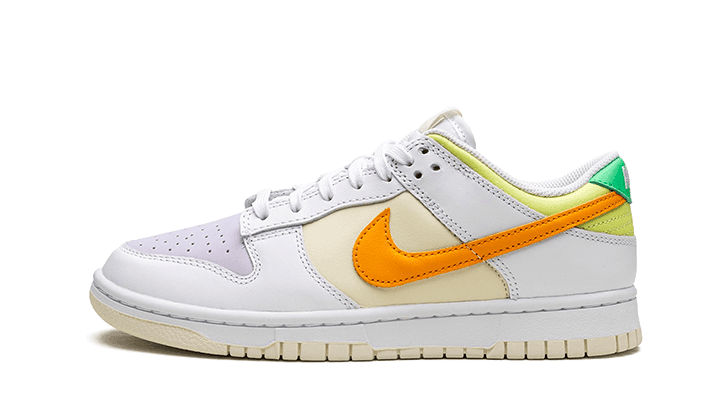
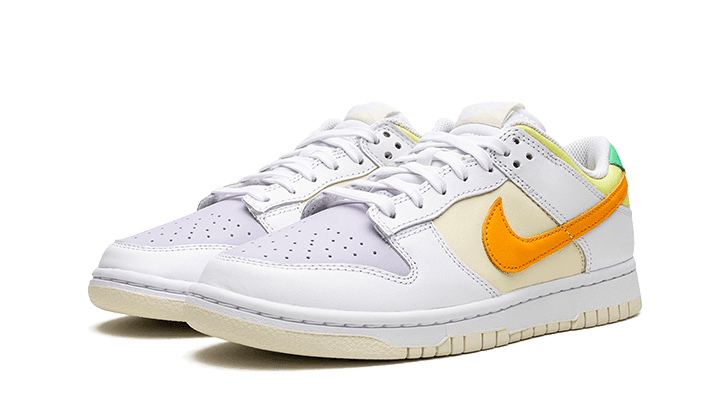
Nike Dunk Low Sundial
220,00 € 160,00 €
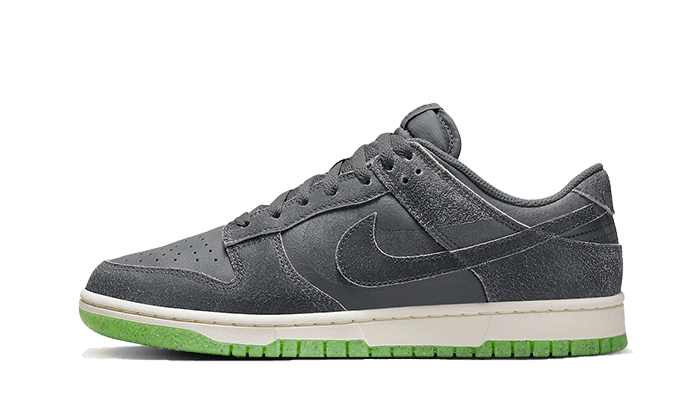
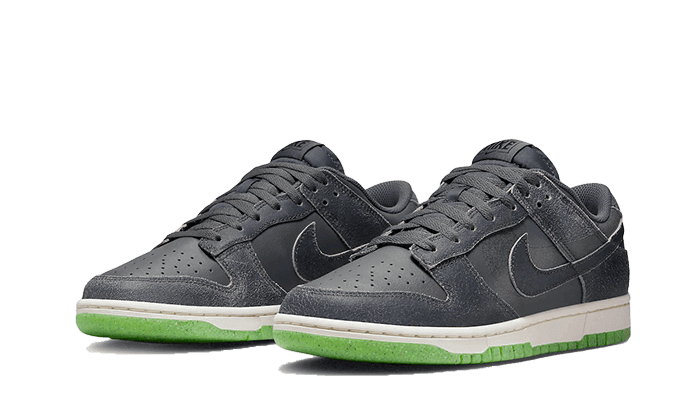
Nike Dunk Low Swoosh Shadow Iron Grey
135,00 €
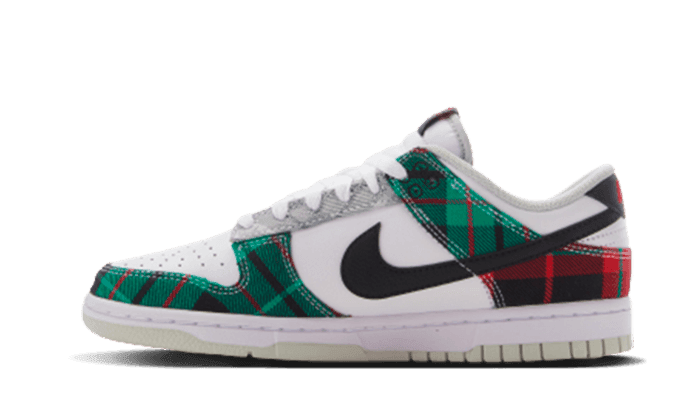
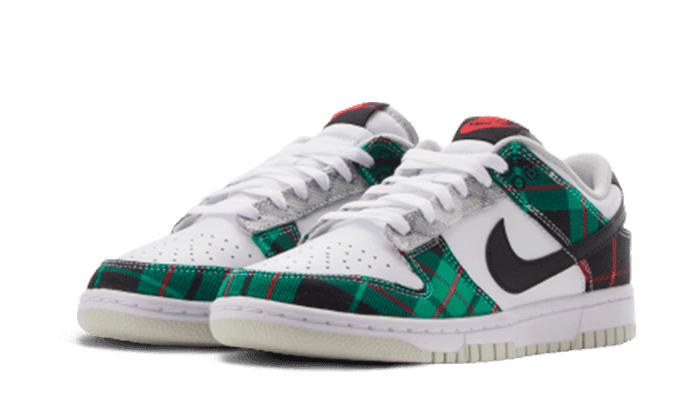
Nike Dunk Low Tartan Plaid
155,00 €
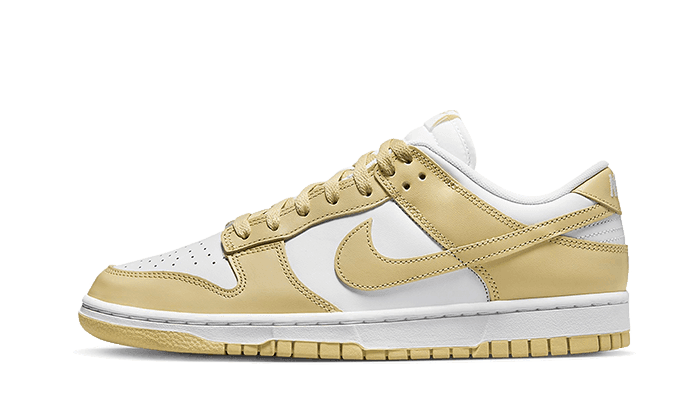
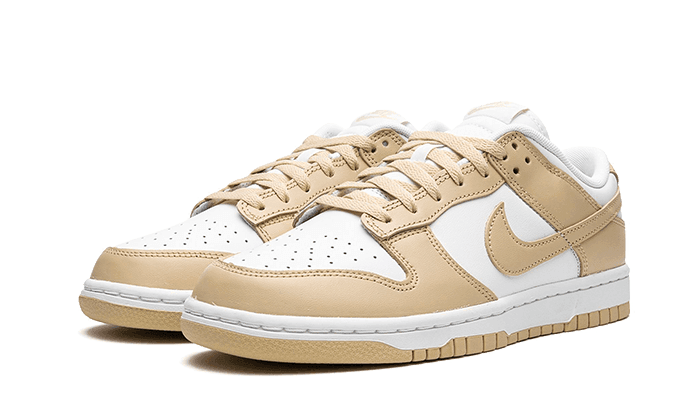
Nike Dunk Low Team Gold
180,00 € 140,00 €
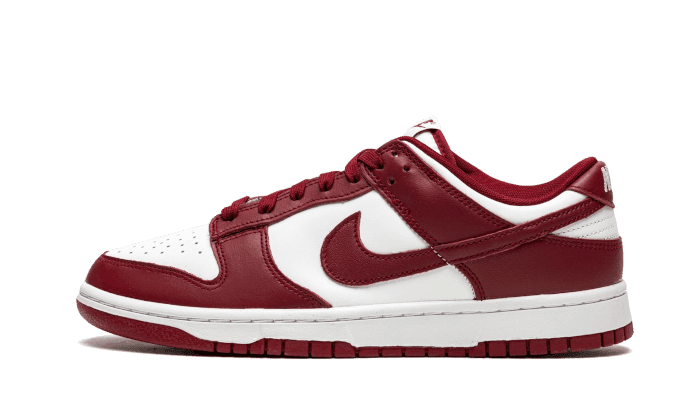
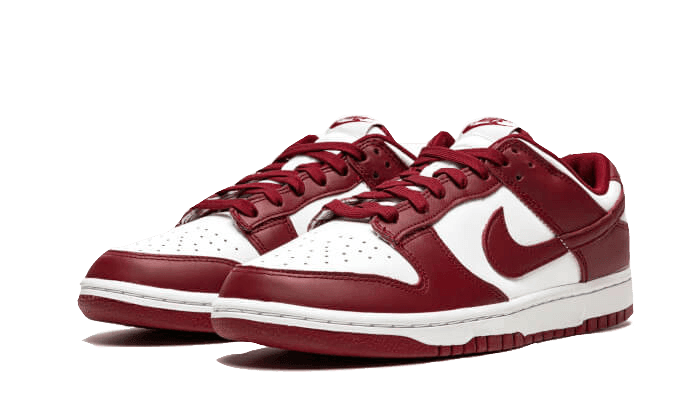
Nike Dunk Low Team Red
180,00 € 135,00 €
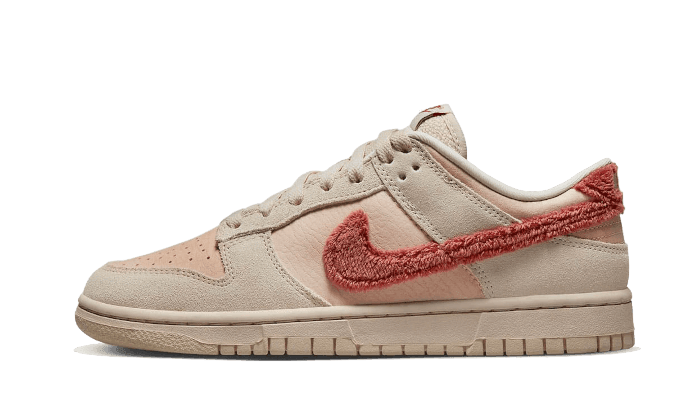
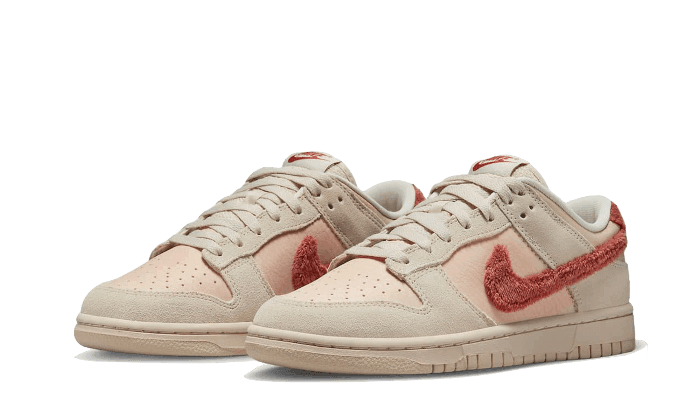
Nike Dunk Low Terry Swoosh
168,00 € 151,00 €
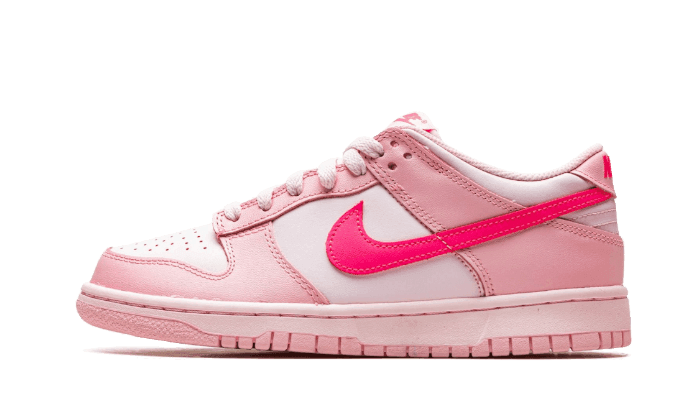
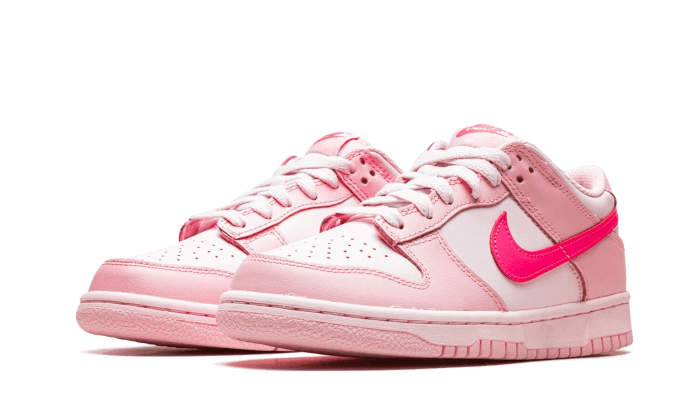
Nike Dunk Low Triple Pink (Barbie)
280,00 € 252,00 €
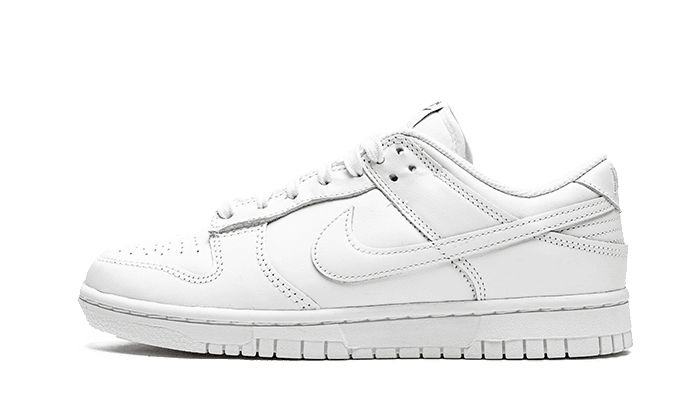
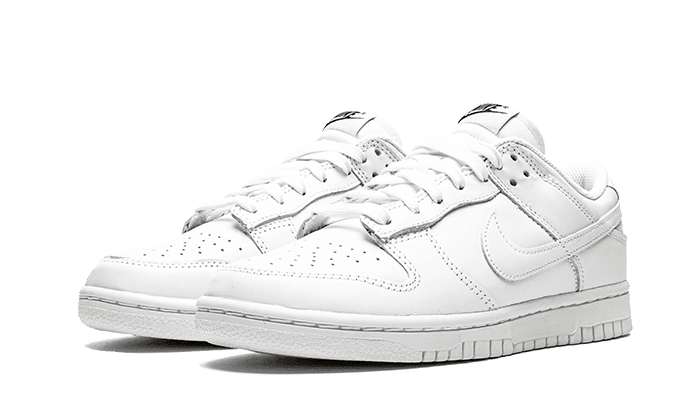
Nike Dunk Low Triple White (2021)
175,00 € 158,00 €
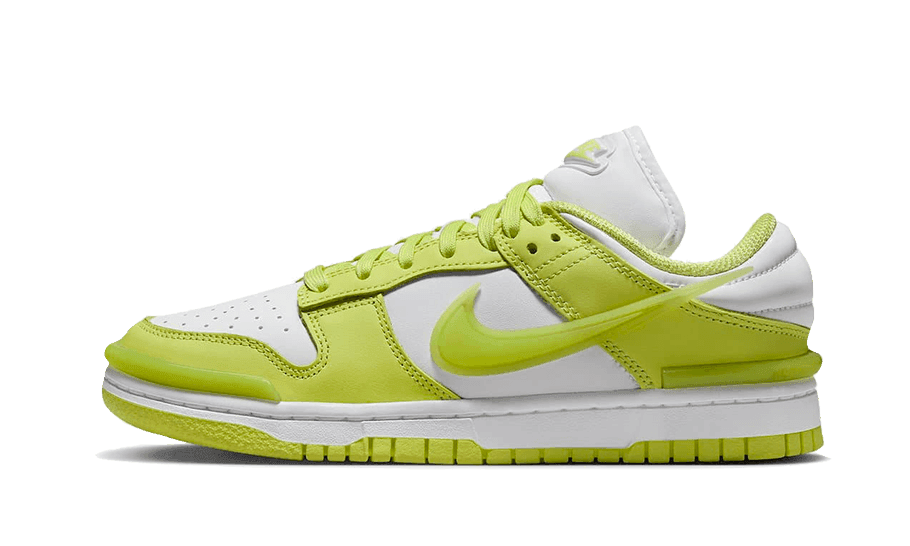
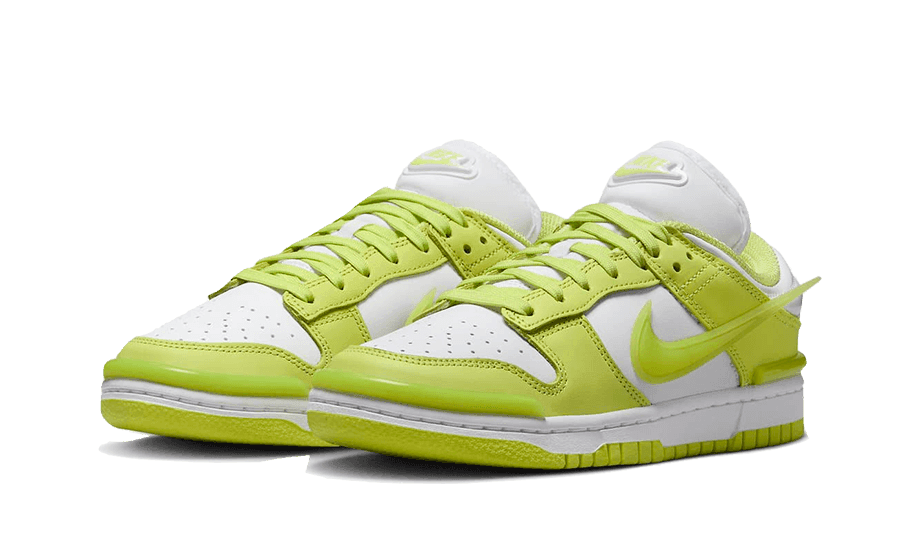
Nike Dunk Low Twist Lemon Twist
160,00 €
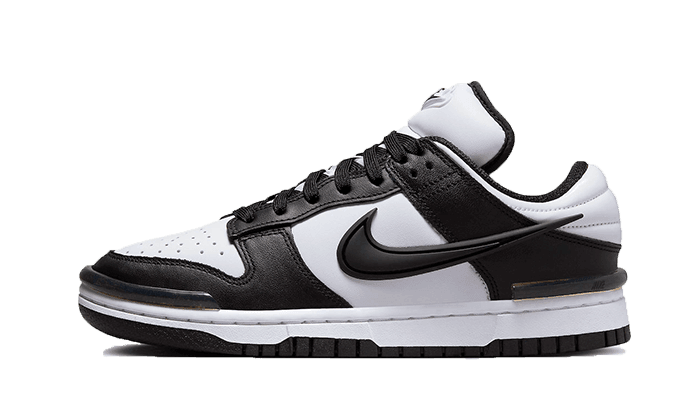
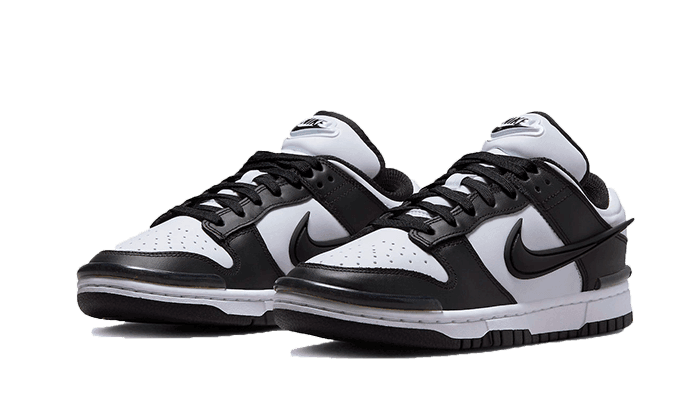
Nike Dunk Low Twist Panda
140,00 €
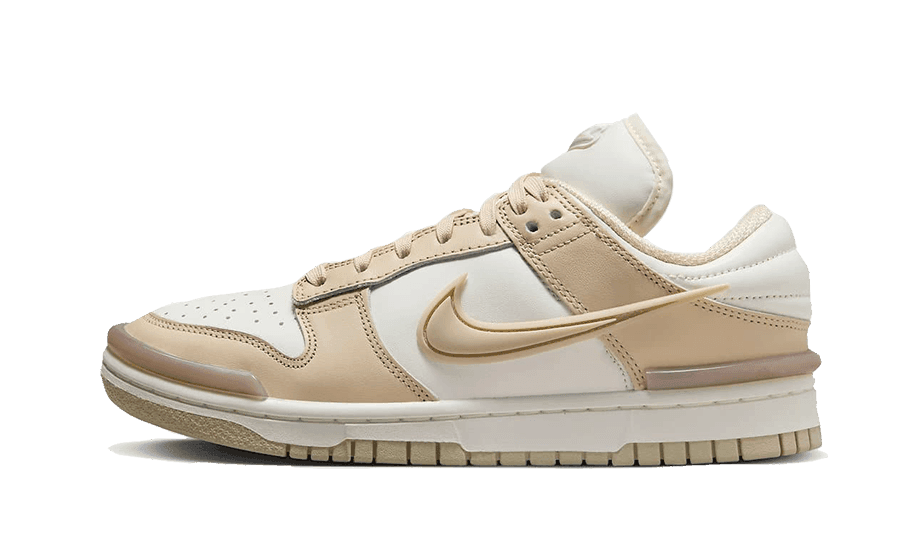
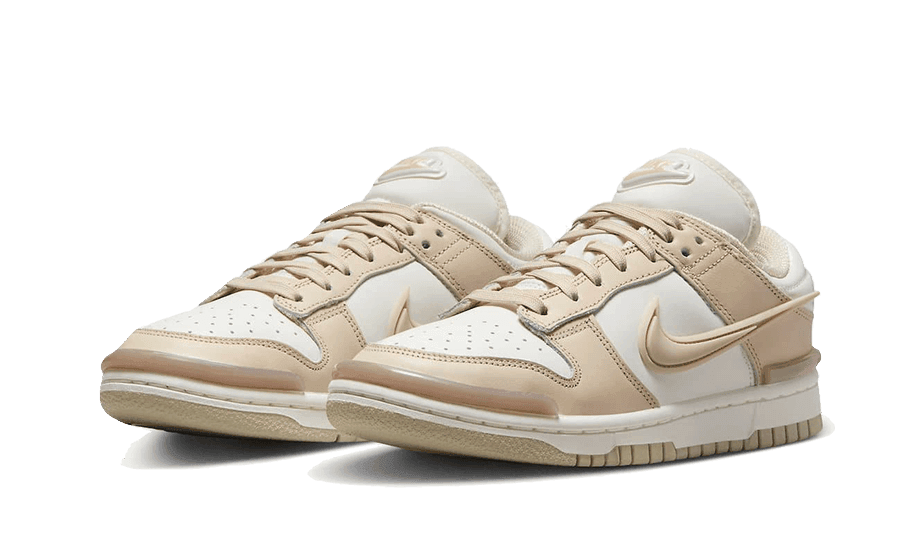
Nike Dunk Low Twist Sanddrift
244,00 € 140,00 €
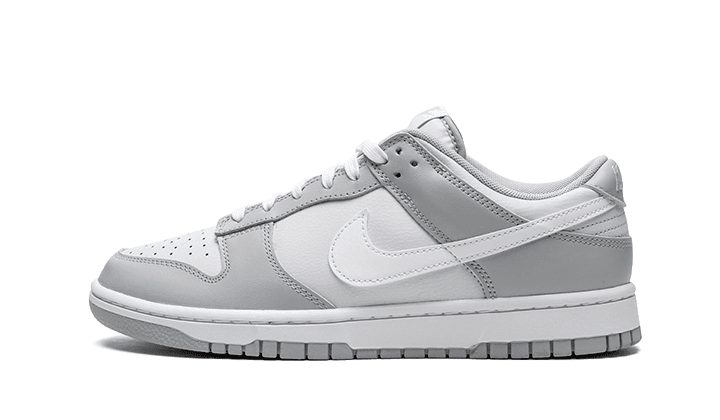
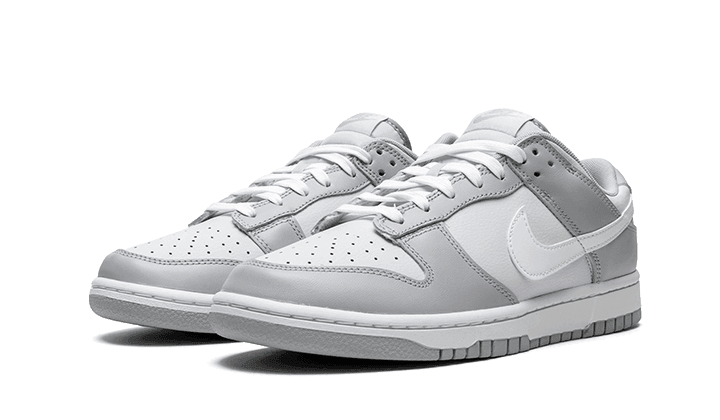
Nike Dunk Low Two Tone Grey
145,00 €
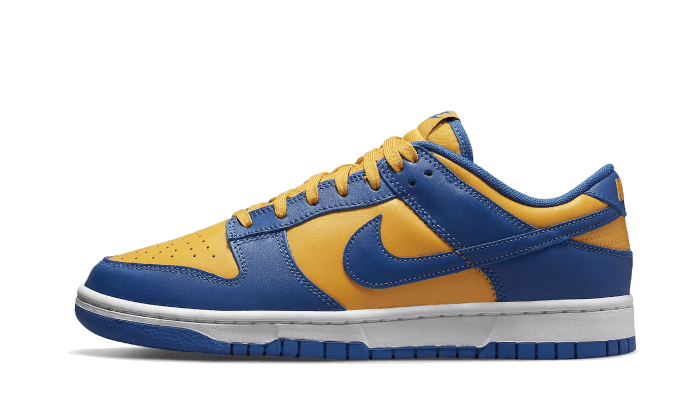
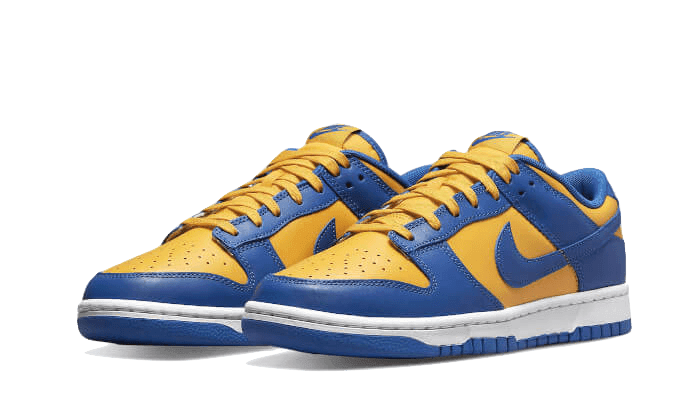
Nike Dunk Low UCLA
200,00 € 155,00 €
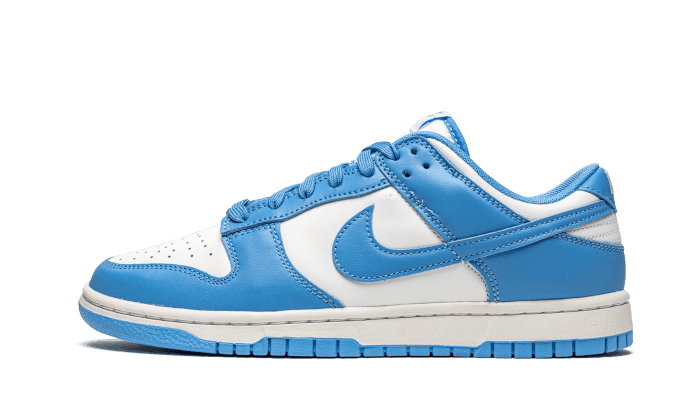
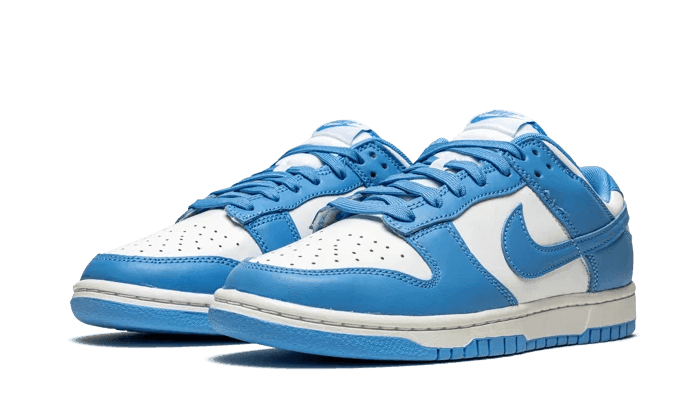
Nike Dunk Low UNC
170,00 € 144,00 €
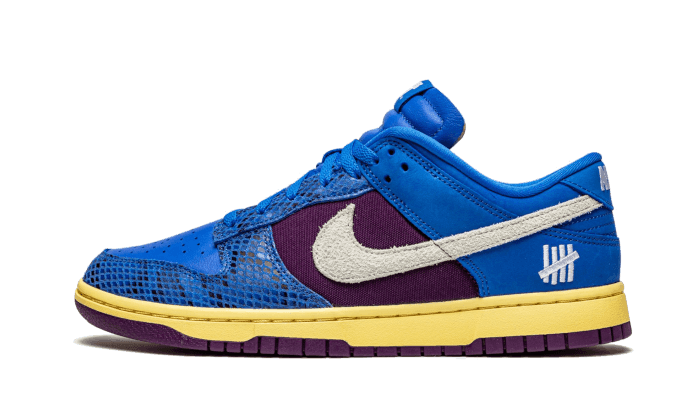
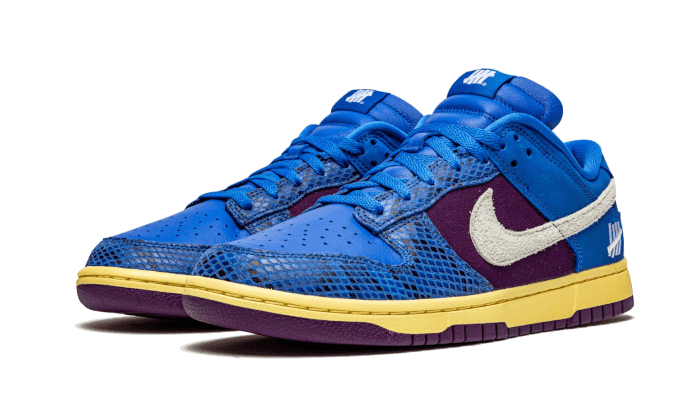
Nike Dunk Low Undefeated 5 On It
260,00 €
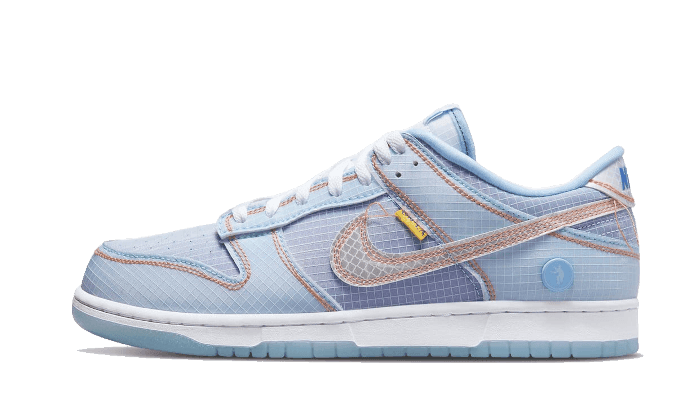
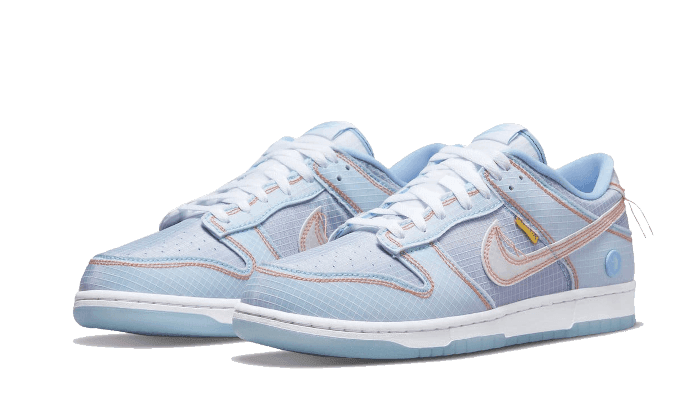
Nike Dunk Low Union Passport Pack Argon
500,00 € 223,00 €


Nike Dunk Low Union Passport Pack Court Purple
290,00 €


Nike Dunk Low Union Passport Pack Pistachio
650,00 €


Nike Dunk Low University Gold
340,00 €
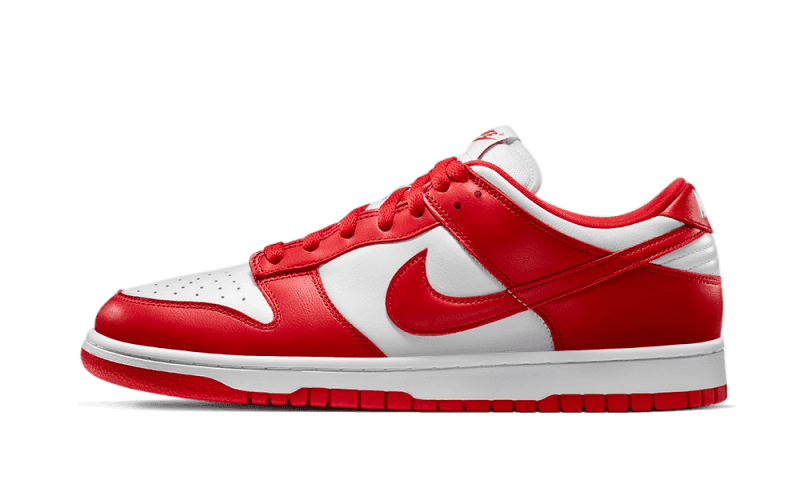
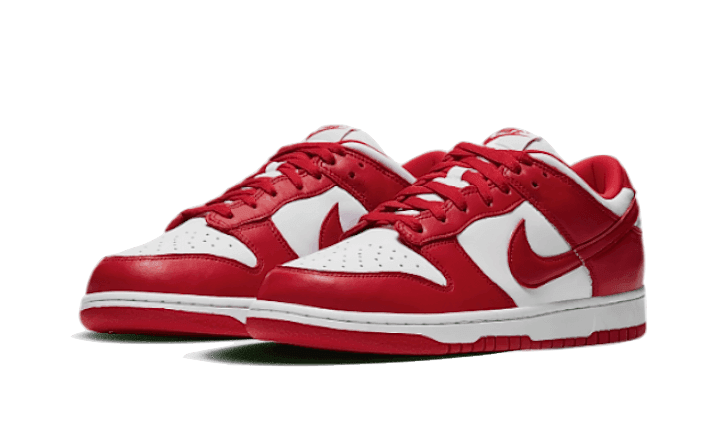
Nike Dunk Low University Red
275,00 € 144,00 €
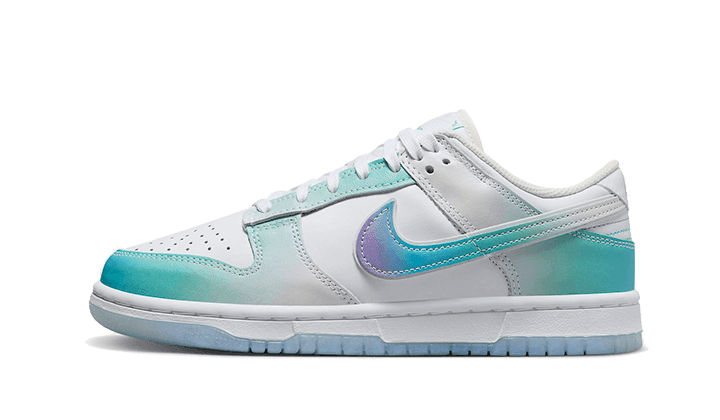
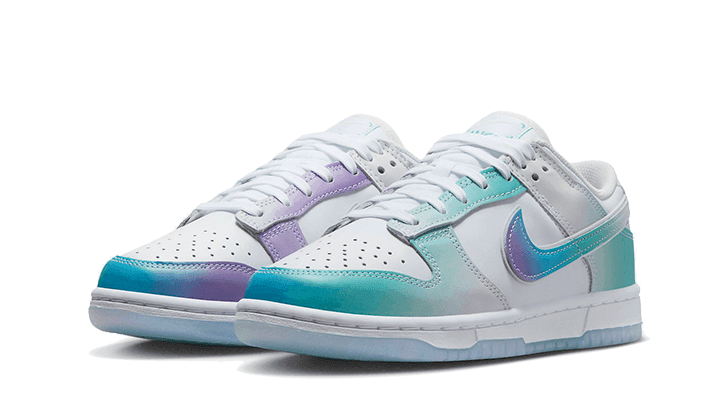
Nike Dunk Low Unlock Your Space
180,00 €
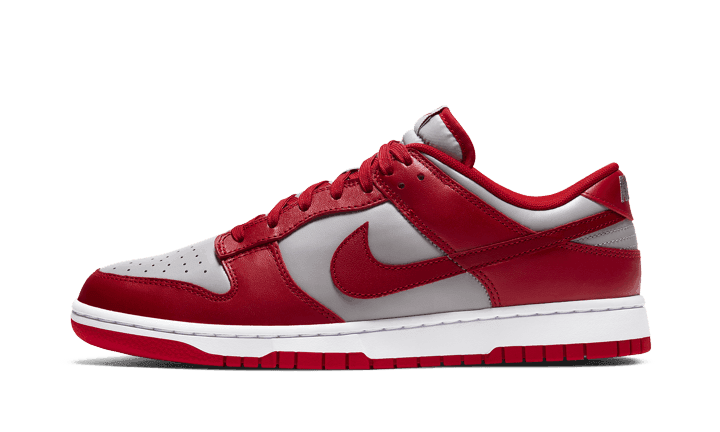
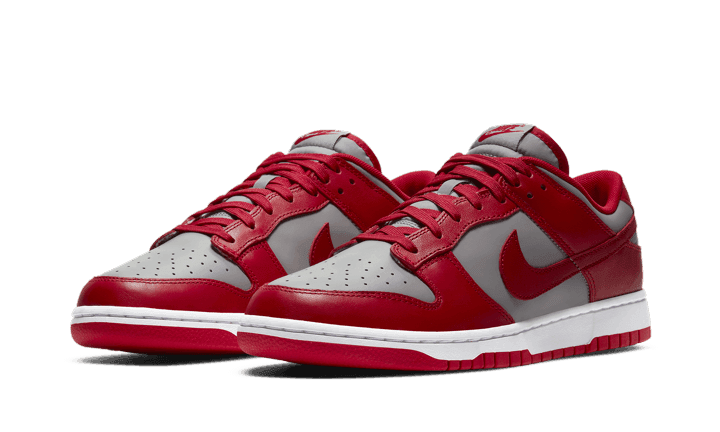
Nike Dunk Low UNLV
184,00 €
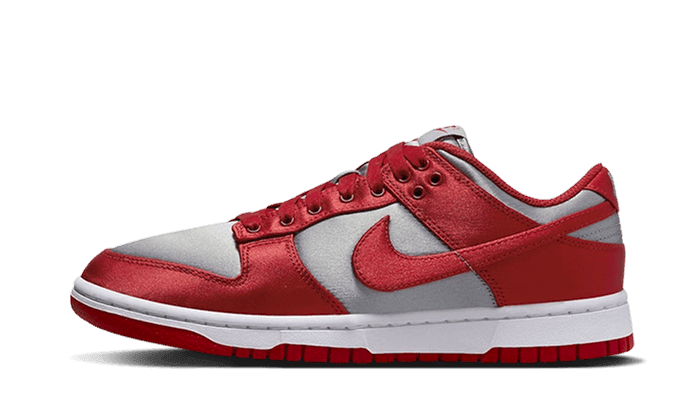
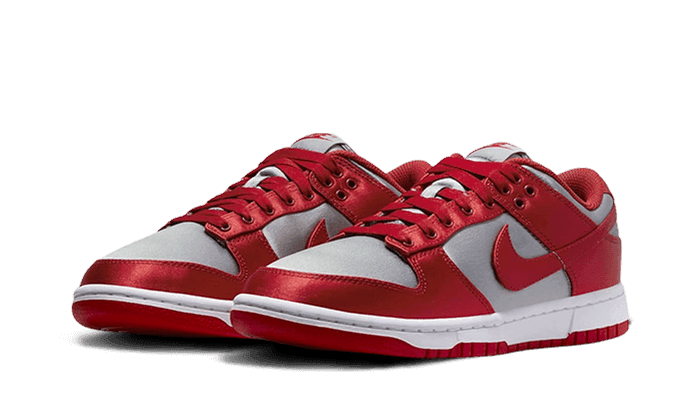
Nike Dunk Low UNLV Satin
150,00 €
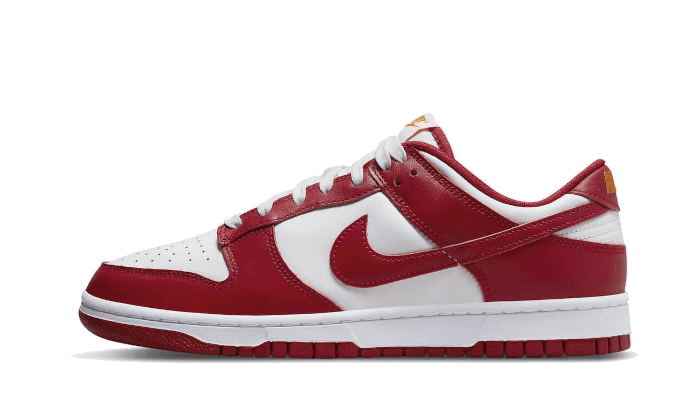
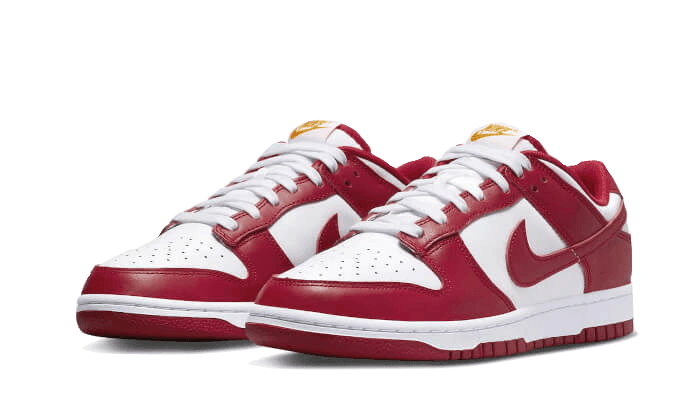
Nike Dunk Low USC
160,00 €
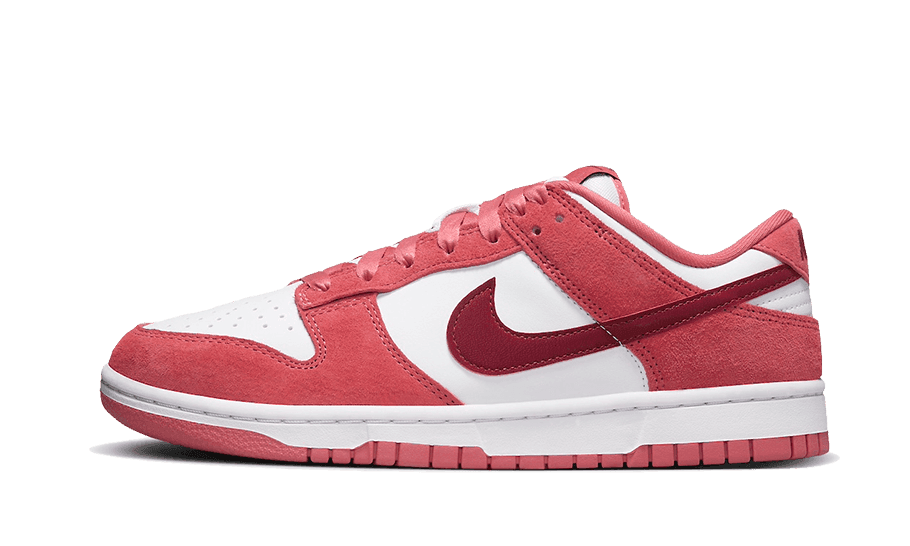
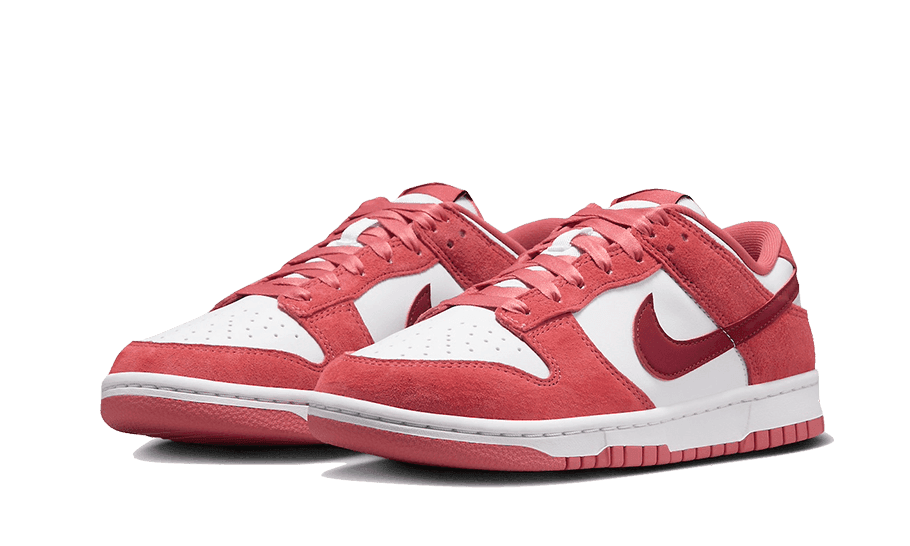
Nike Dunk Low Valentine's Day
180,00 €
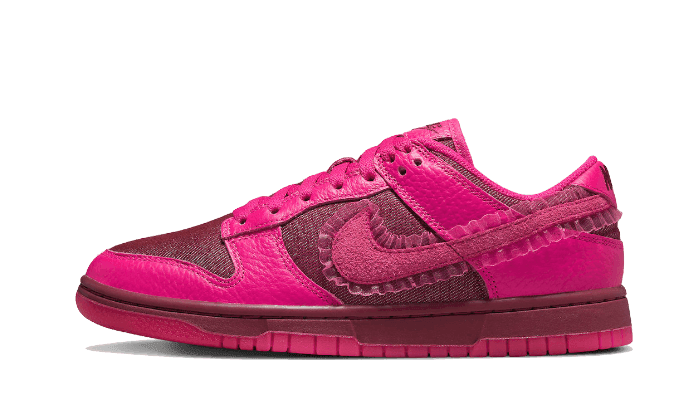
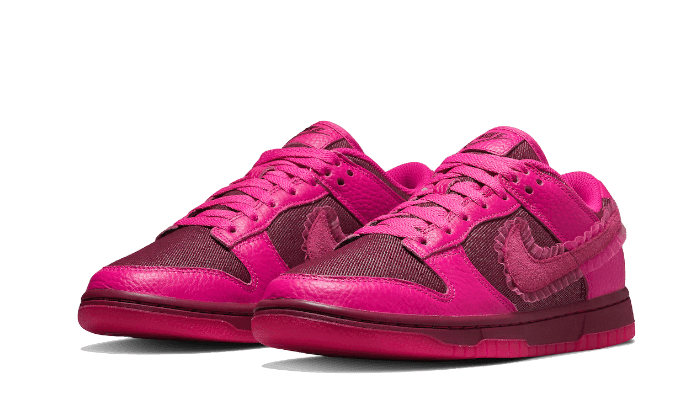
Nike Dunk Low Valentines Day (2022)
265,00 €
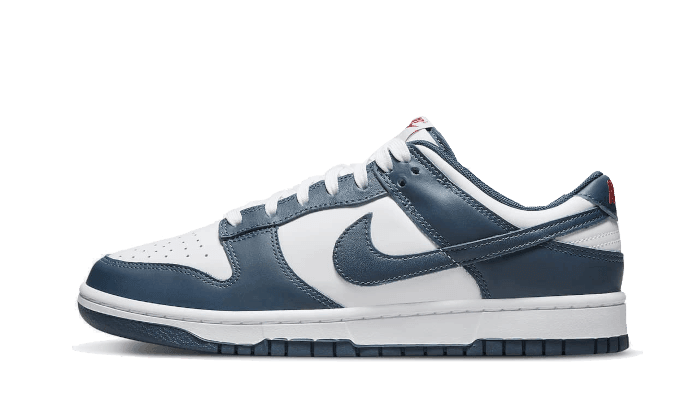
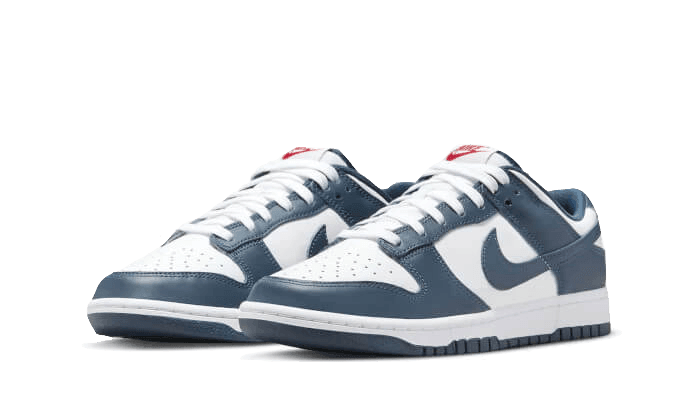
Nike Dunk Low Valerian Blue
160,00 € 144,00 €
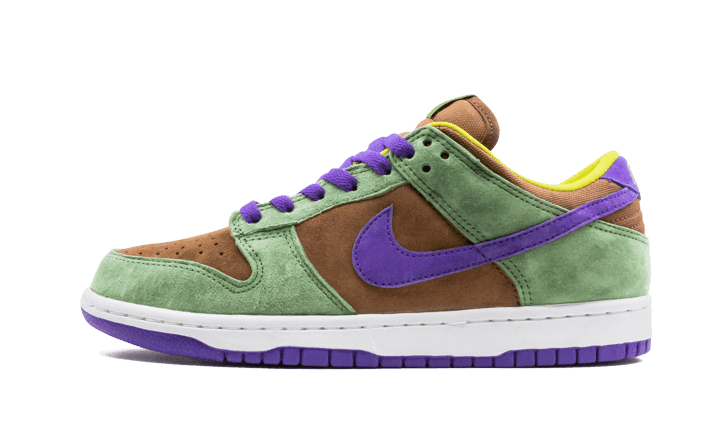
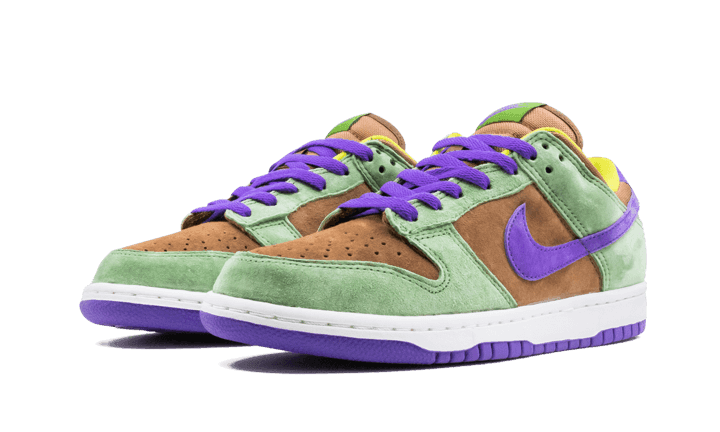
Nike Dunk Low Veneer (2020)
170,00 €
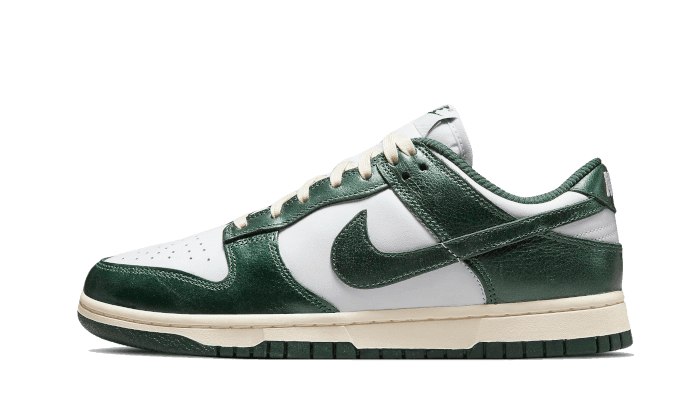
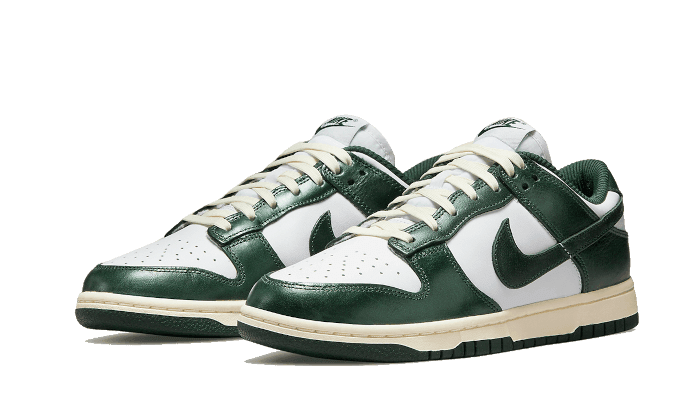
Nike Dunk Low Vintage Green
160,00 € 135,00 €
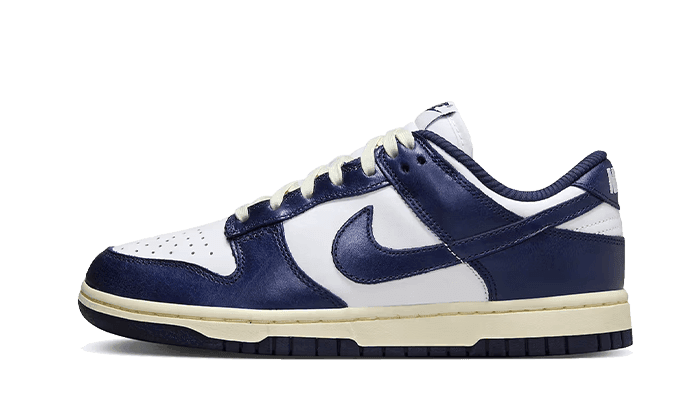
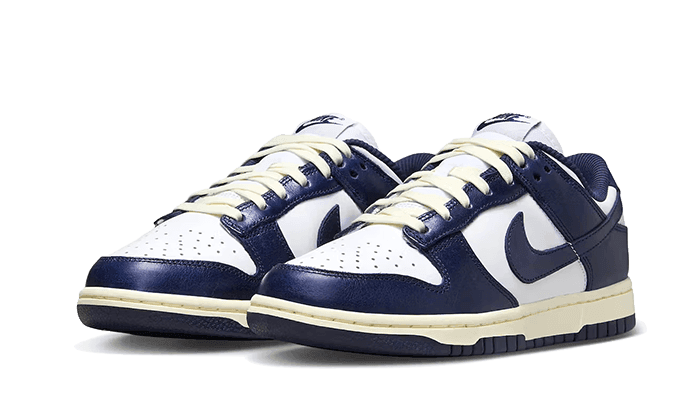
Nike Dunk Low Vintage Navy
168,00 € 144,00 €
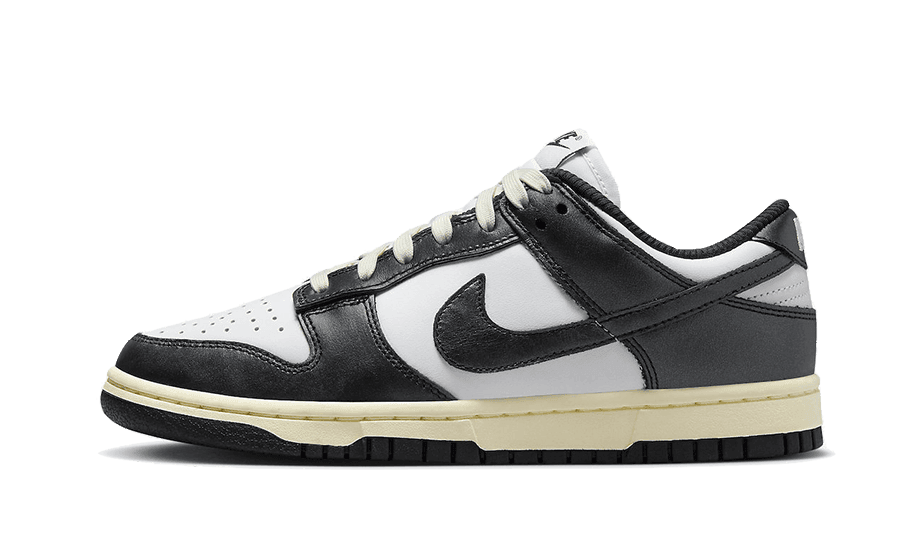
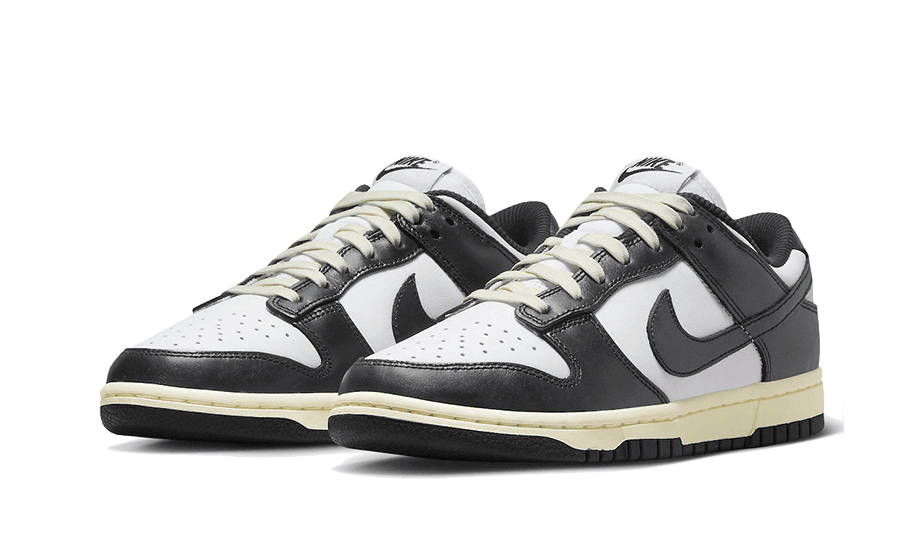
Nike Dunk Low Vintage Panda
155,00 € 135,00 €


Nike Dunk Low Viotech
470,00 €
Hai visto 768 prodotti su 892
NIKE: THE GOLD STANDARD IN SNEAKER FASHION
BILL BOWERMAN AND PHILIP H. KNIGHT: THE STORY BEHIND NIKE'S SUCCESS
When we mention Nike, we immediately think of a strong and dedicated brand, and most notably, a logo that stands out among thousands. In 1964, with the sportswear and sports equipment market predominantly dominated by German companies, Americans William J. Bill Bowerman and Philip H. Knight joined forces to establish a sports brand capable of rivaling numerous European competitors. Initially named Blue Ribbon Sports, the brand was founded by Philip Knight, an accountant and long-distance runner, and Bill Bowerman, coach of the Oregon track and field team, with the goal of creating a more affordable brand for athletes. Bowerman, in particular, acted as a technical advisor for the company, using his position as a coach to test products directly with athletes. In 1965, they were joined by Jeff Johnson, a full-time salesman, who set the company's guiding principle that remains relevant today: being as close as possible to the athlete and their needs. He also came up with the name Nike, inspired by the goddess Nike, representing victory and determination.
ICONIC SWOOSH: NIKE SNEAKERS' DISTINCTIVE TRADEMARK
Nike is designed by athletes, for athletes. This unique approach sets the brand apart and propels it to the same level as its biggest competitors, like Adidas and Puma. Its classic Swoosh logo is regarded as one of the most striking and successful in marketing and communication. Interestingly, it was created by a graphic arts student, Carolyn Davidson, for the modest sum of $35. Today, it has generated billions for the company!
The brand, behind some of the greatest sneaker classics such as the Air Force, React Element, and Air Max, never ceases to reinvent itself for our enjoyment.
NIKE'S TOP COLLABORATIONS: MICHAEL JORDAN, TRAVIS SCOTT, OFF-WHITE, AND SACAI
Nike is undeniably one of the most popular and influential companies of our time. The Swoosh brand is now synonymous with creativity and performance, thanks to its influential and talented ambassadors. Among them, we can mention world-famous rapper Travis Scott, who has collaborated with the brand on several occasions, reimagining iconic models like the Nike Air Force 1 and the Air Jordan 1. Nike's strength lies in the diversity of its muses, representing all forms of art with designers like Jacquemus, Sacai, and luxury house Tiffany. Nike is more than just a sports goods provider; it's an entity that influences sports, sneaker culture, and luxury alike. Between the Nike by You customization program and the immersive Paris On Air experience, the American giant puts its customers at the core of its values. Nike was the first to venture into this territory and continues to innovate to remain an industry leader.
AIR JORDAN: HIS AIRNESS REVOLUTIONIZES THE SNEAKER WORLD
In 1985, Beaverton-based brand Nike decided to sign an exclusive contract with a young rookie from the University of North Carolina, Michael Jordan. This partnership would result in the largest collaboration between an athlete and a sports equipment manufacturer, the Air Jordan. To bring the collaboration to life, Nike's teams enlisted Peter Moore, an American footwear designer who created the Nike Dunk for the Be True to Your School pack, designed for the feet of players on top college basketball teams such as Iowa, Syracuse, and Kentucky. The Air Jordan 1 High and the Air Jordan 1 Low were born. They stood out from the Dunk with a taller, sharper silhouette, Wings logo, and a hidden air cap in the sole for unprecedented comfort and cushioning. The OG launch colors, such as the Chicago, Bred, and Neutral Grey, were immensely successful and are now coveted collector's items worldwide. The collection is characterized by the release rhythm of the models, with a new Air Jordan model unveiled at the beginning of each NBA season. In 1986, Nike enlisted Bruce Kilgore, creator of the iconic Nike Air Force 1, to design the Air Jordan 2. The second signature model is more luxurious, entirely crafted in Italy, and features premium leather. However, due to its high cost at the time, the model failed to find its audience and was deemed the least loved Jordan. This minor setback impacted Michael Jordan, who considered leaving Nike for another equipment manufacturer, but Beaverton's brand brought in Tinker Hatfield, the man who would forever change the company's image. Hatfield focused on meeting the requests of the Chicago Bulls player while aiming to provide a comfortable and high-quality design. This collaboration gave birth to the Air Jordan 3 in 1987, a groundbreaking aesthetic and technological revolution with its visible air bubble, like the Air Max 1, Elephant Print along the upper, and the creation of the Jumpman logo. Paired with Michael Jordan's exceptional on-court skills and his new title of All-Star Game MVP, the sneaker experienced tremendous success, convincing His Airness to stay with Nike. This marked the beginning of a long-lasting collaboration between Jordan and Hatfield. The partnership continued the following year with the Air Jordan 4. From the late '80s to the early 2000s, the player's signature silhouettes continued to captivate fans. Today, due to the retro trend, many shoes from the past have been revived, like the highly popular Air Jordan 1 Mid or collaborative designs with artists like Virgil Abloh for Off-White.
NIKE DUNK & DUNK LOW
In the early 1980s, the basketball shoe market was largely dominated by Adidas and Converse, with Adidas signing exclusive contracts with legendary players like Kareem Abdul-Jabbar and Converse monopolizing the market with the All Star Chuck Taylor. In 1985, Nike, initially known for running models like the Waffle Trainer and Cortez, decided to tackle the basketball court. They enlisted Peter Moore, a footwear designer who created the Nike Dunk. Named after the spectacular basketball move, the Dunk was designed to support players from the greatest college basketball teams. Exclusive contracts were signed between the equipment manufacturer and universities such as Iowa, Syracuse, St. John, Kentucky, Georgetown, Michigan, and UNLV. The Be True To Your School pack featured seven pairs of Nike Dunk High. Over the years, the skateboarding community adopted the model, thanks to its flat sole, grippy outsole, and durable upper that made executing tricks easier. Its accessibility made it a must-have for all skateboarders. Launched a few years later, the Nike Dunk Low gained significant popularity in the early 2000s, thanks to the Nike SB editions in collaboration with Supreme and Jeff Staples. It wasn't until 2020 that the Dunk experienced a resurgence through popular and iconic entities such as Skate Like a Girl and artist Travis Scott.
AIR MAX
In 1986, Tinker Hatfield, a recent architecture graduate from the University of Oregon, joined the Nike team to design new models. During a trip to Paris, Hatfield found inspiration for the silhouette that would revolutionize the industry: the Air Max. The George Pompidou Center's structure, color code, and transparent tube facade served as the primary inspirations for the legendary Air Max 1 OG White Red, released in 1987. It wasn't until 1990 that the range evolved with the iconic Air
Max 90 and its Infrared colorway. Today, both models are part of highly sought-after collaborations with stores like Patta or the Nike Off-White range.
Over the years, the Air Max line has continued to innovate and expand, with popular models like the Air Max 95, Air Max 97, and Air Max 270 joining the ranks. The Air Max series is celebrated annually on Air Max Day, March 26, with new releases, special editions, and collaborations that honor the legacy of this groundbreaking sneaker line.
Throughout its history, Nike has demonstrated its ability to stay ahead of the curve, offering athletes and sneaker enthusiasts cutting-edge designs, collaborations, and technologies. As a result, the brand continues to be a leading force in the sportswear, sneaker, and fashion industries, consistently pushing the boundaries of innovation and style.














































































































